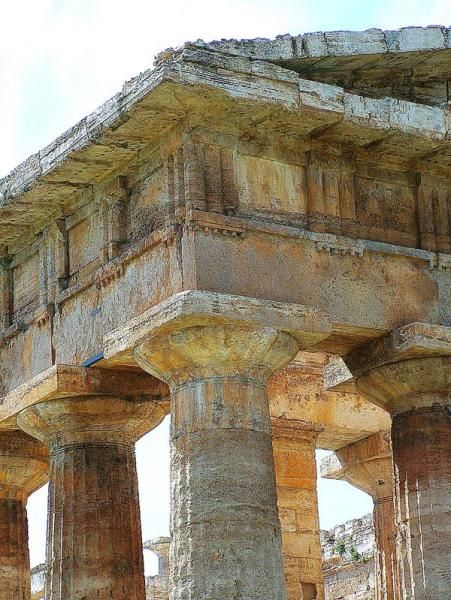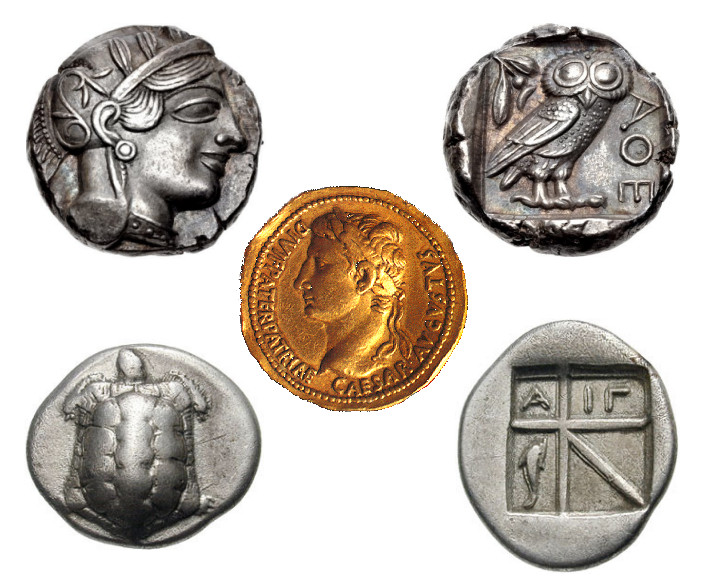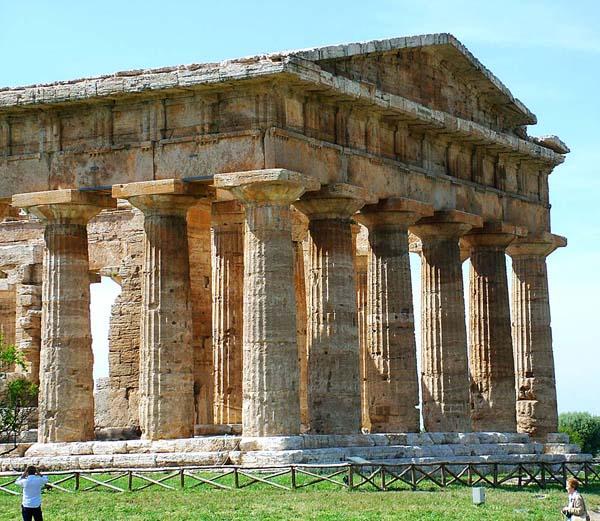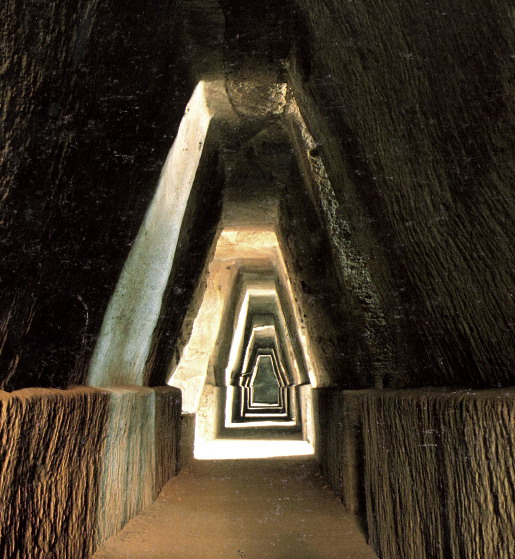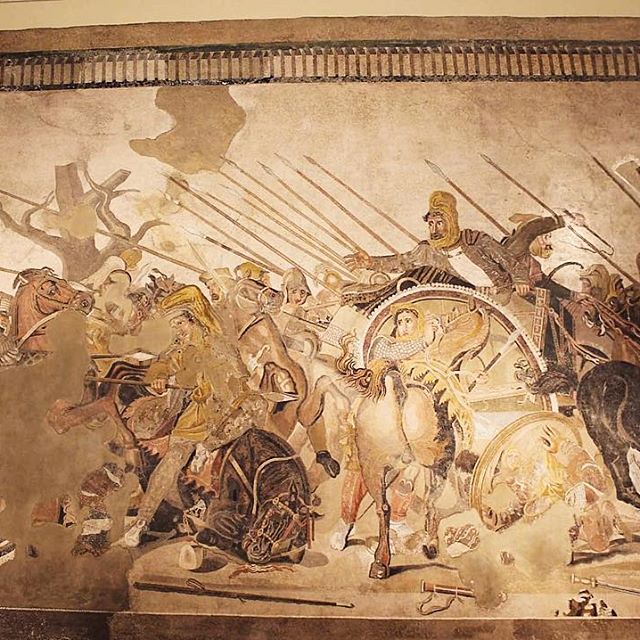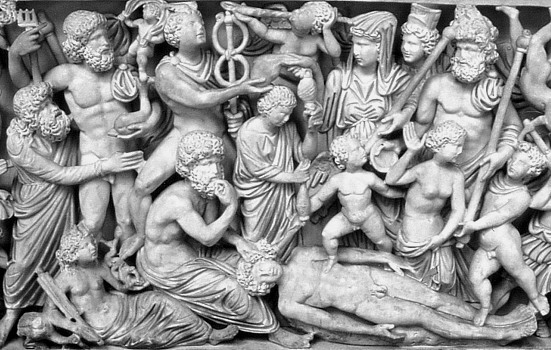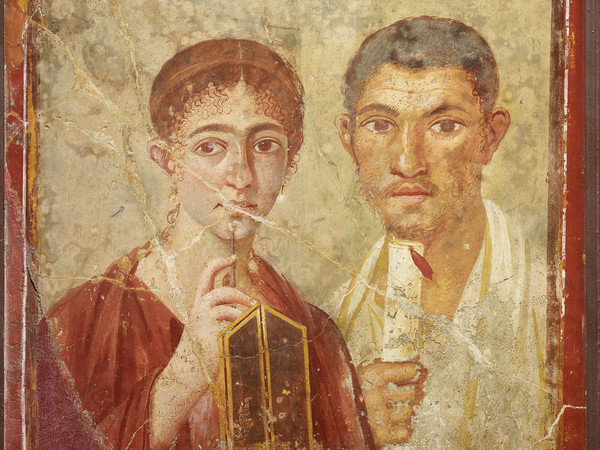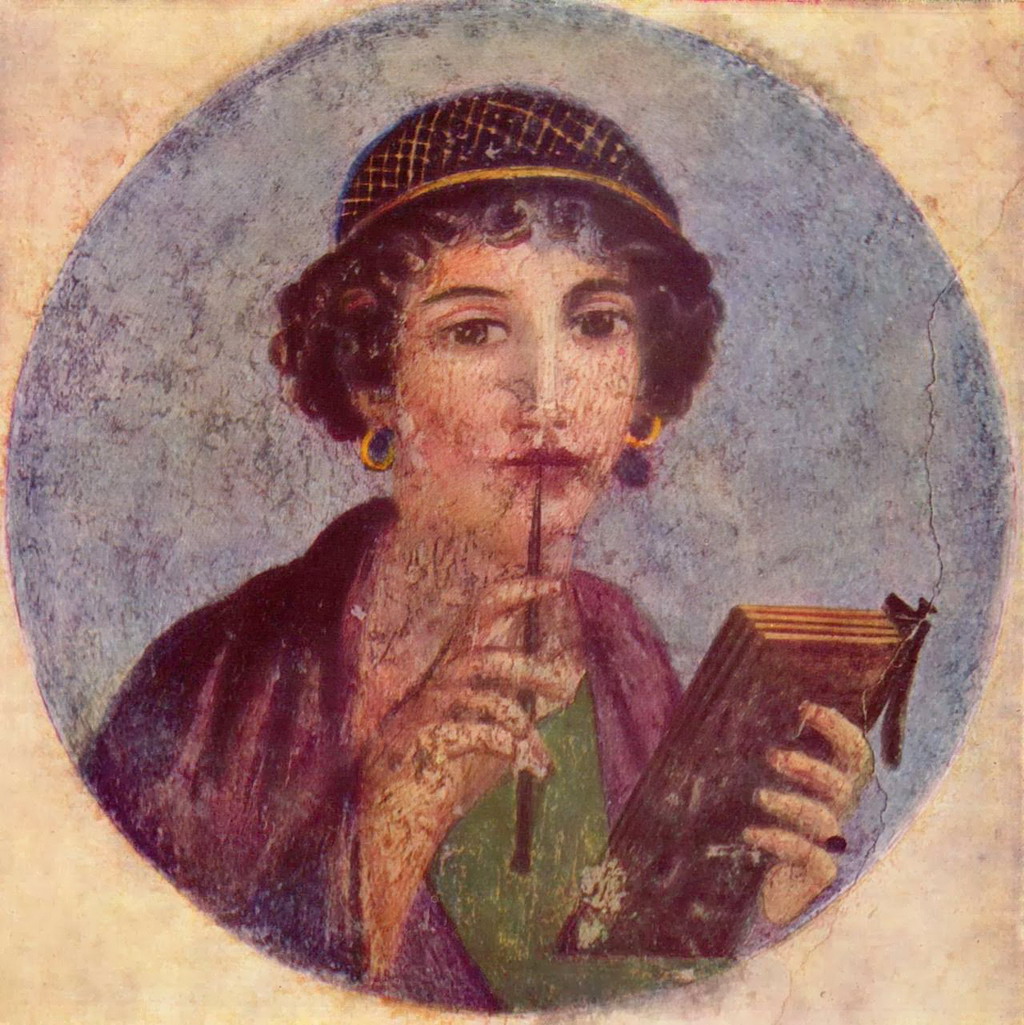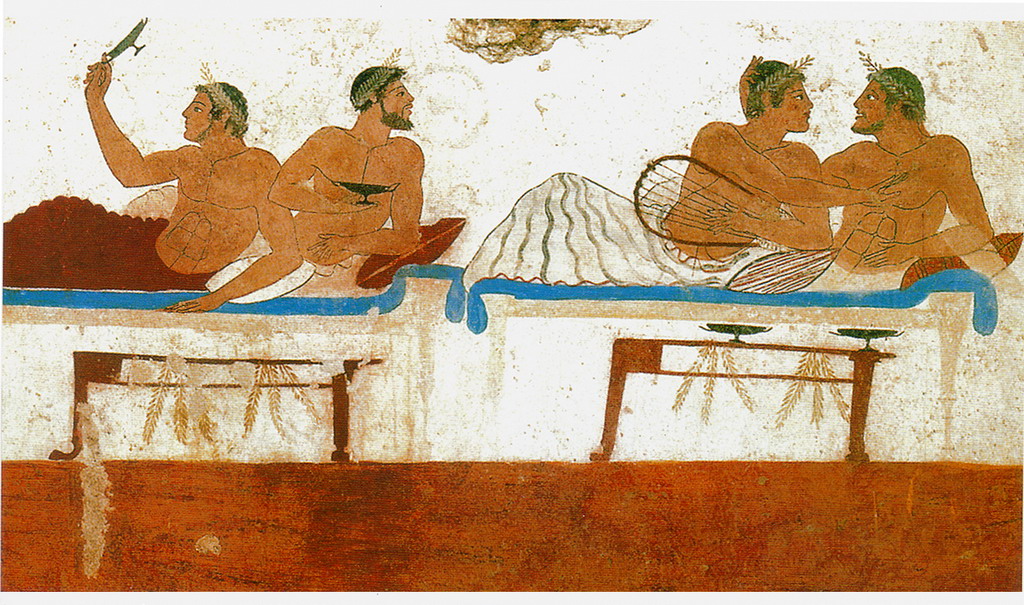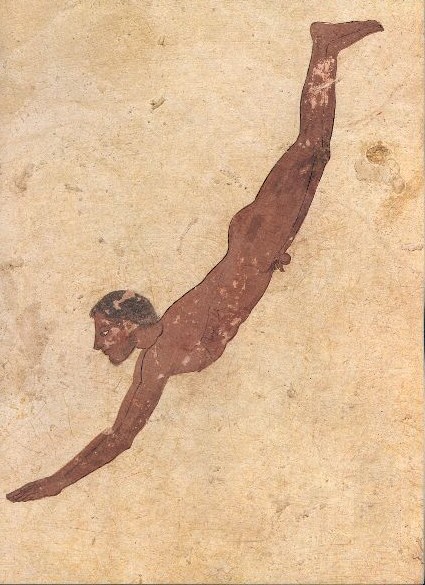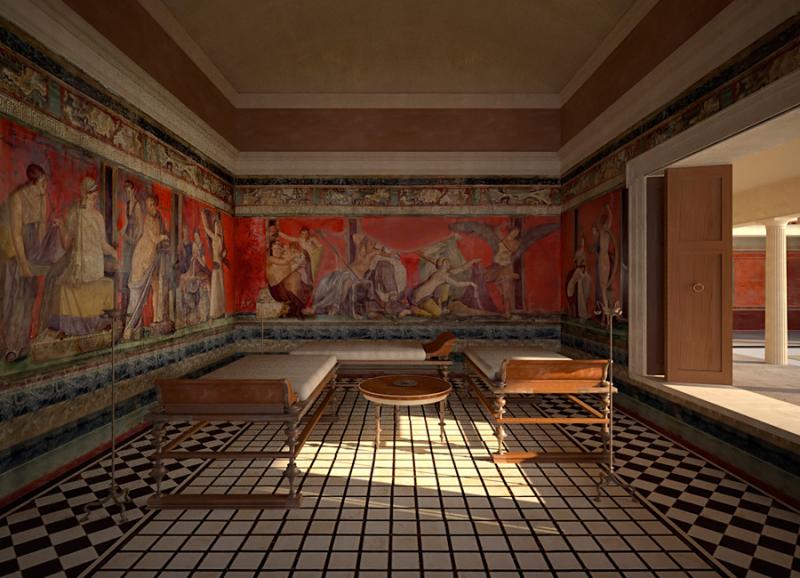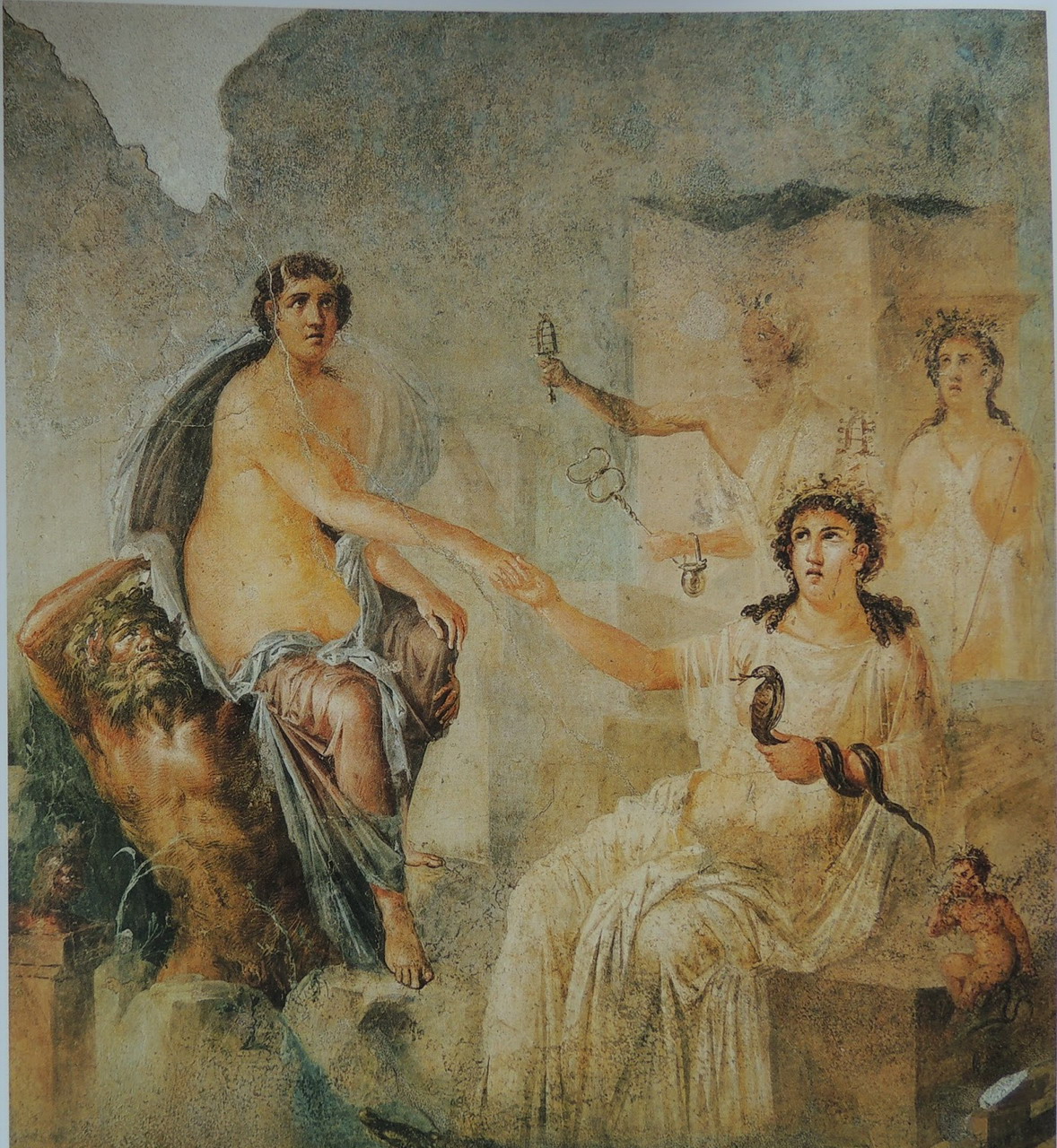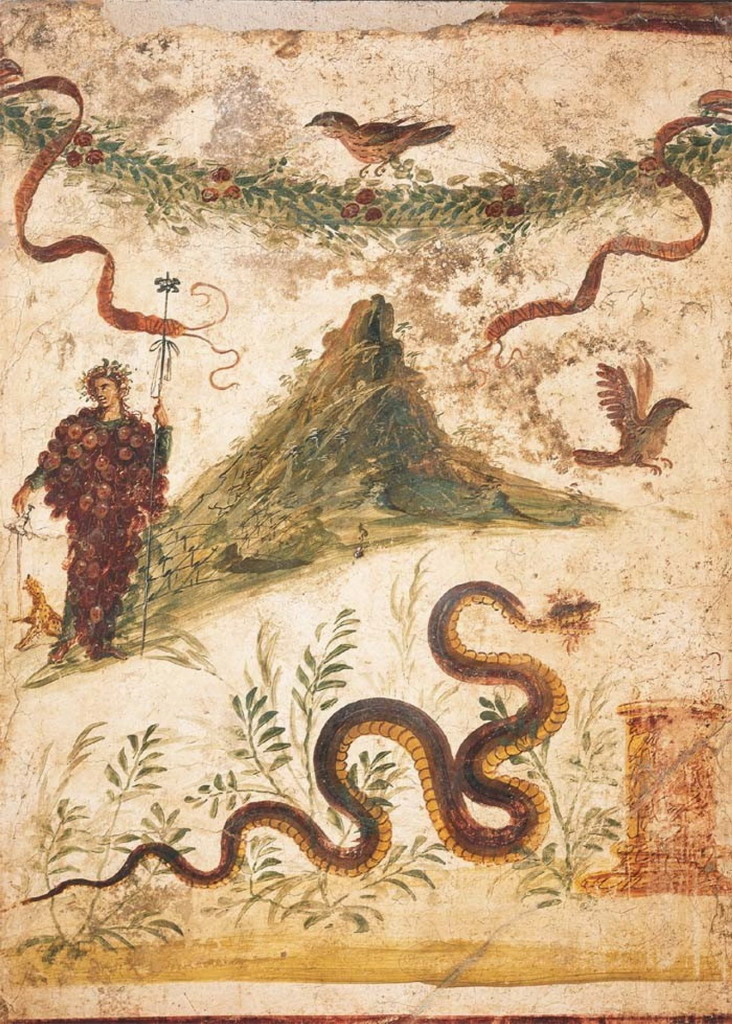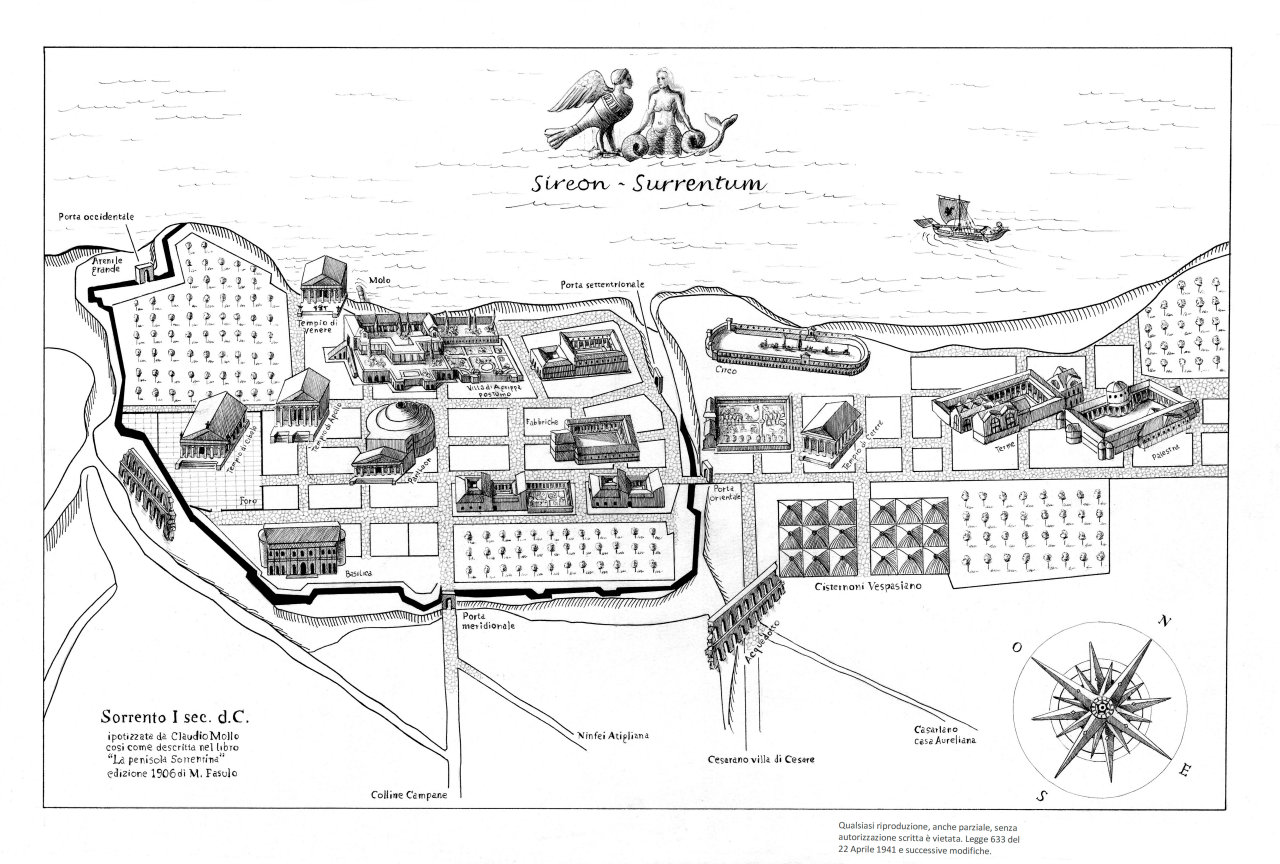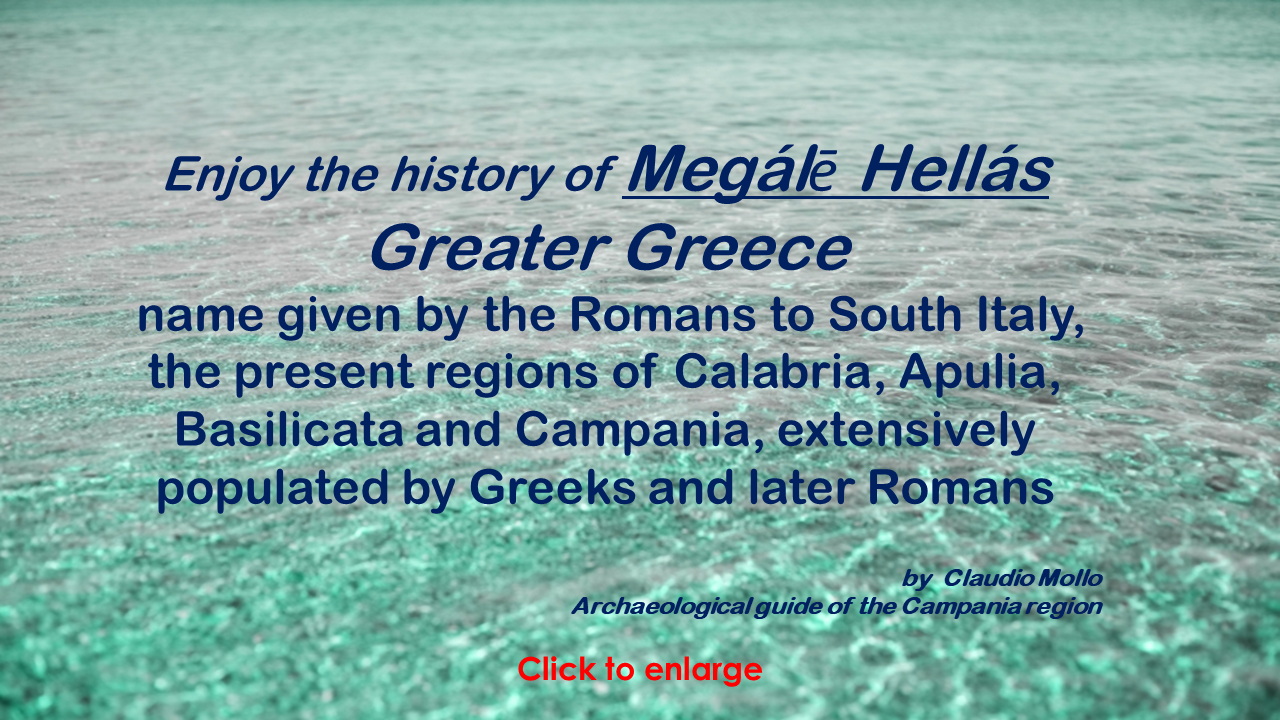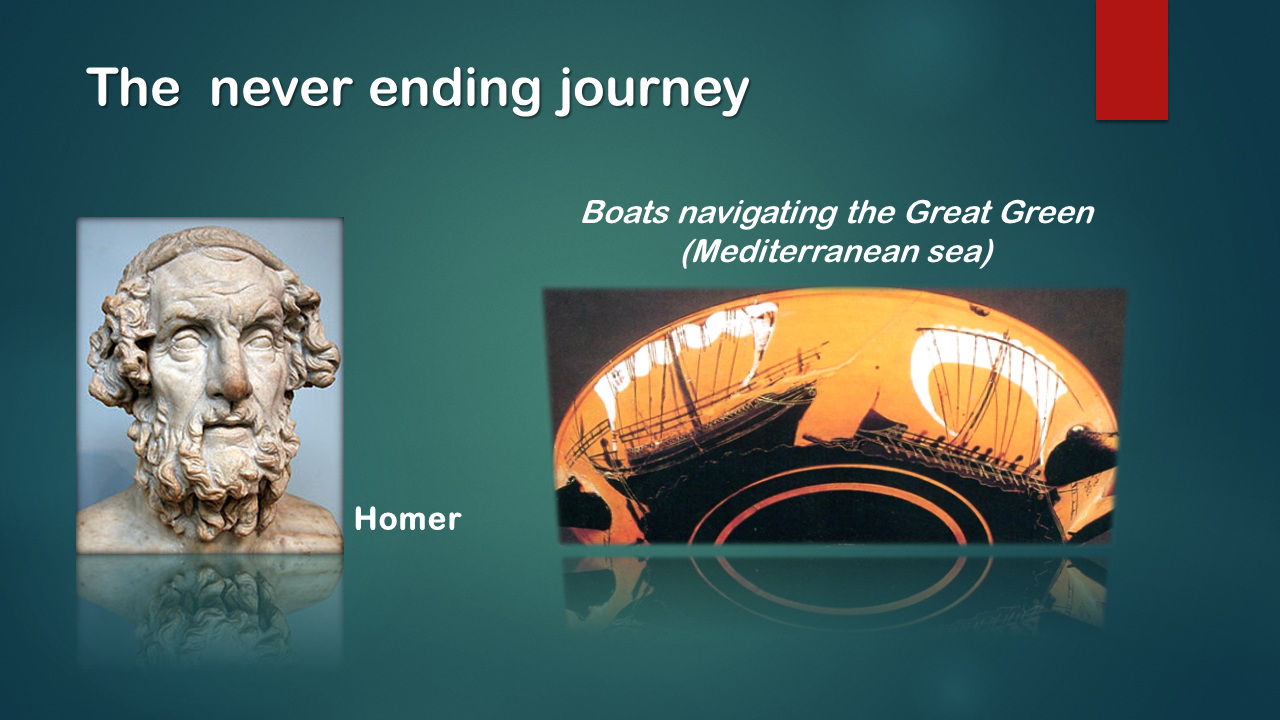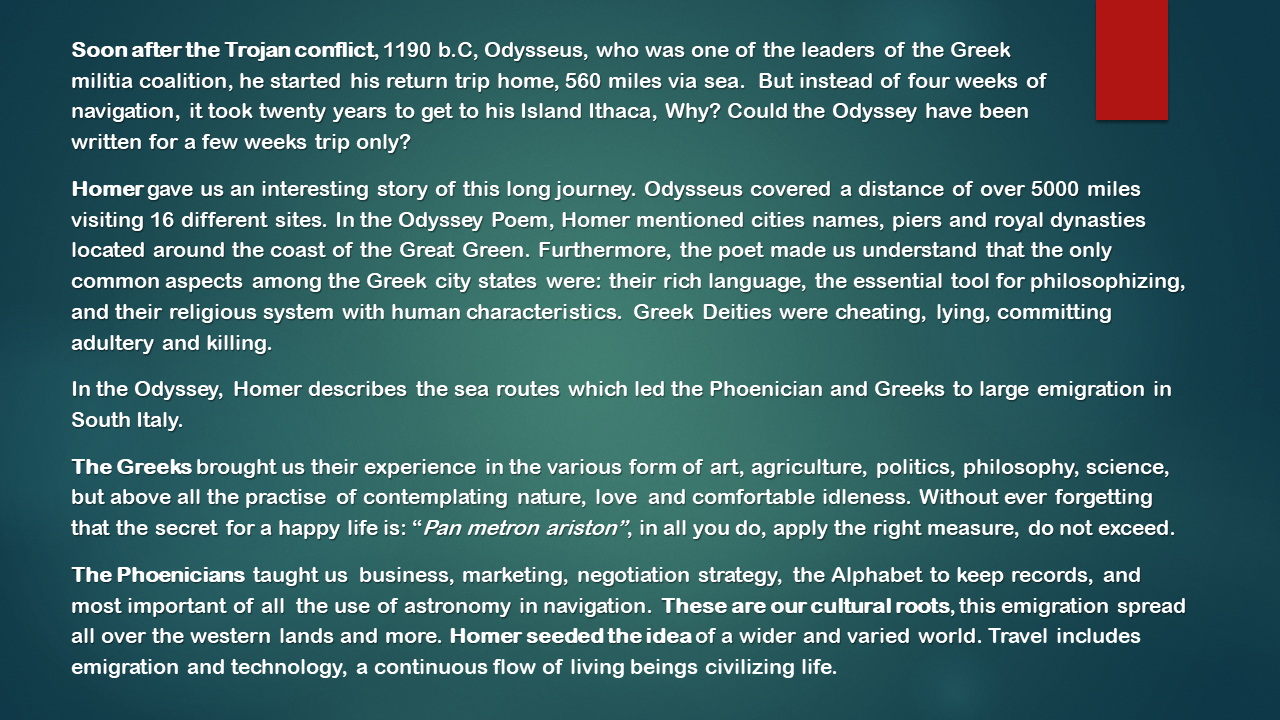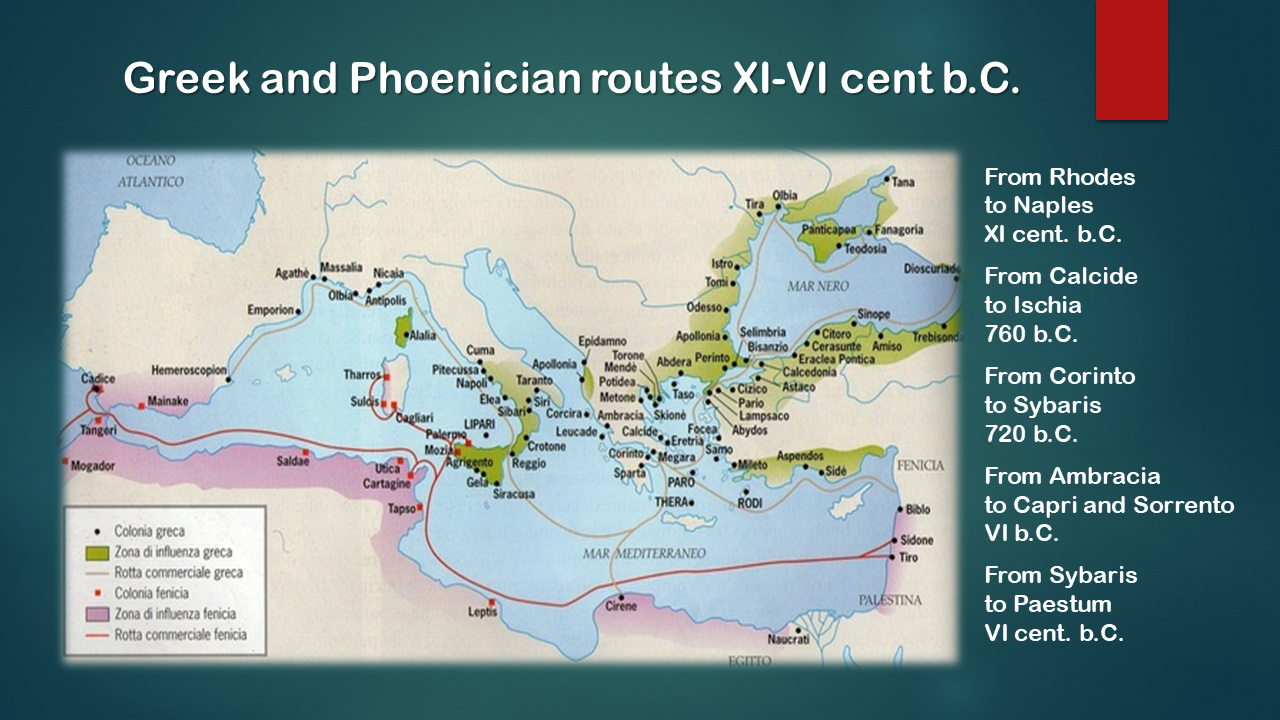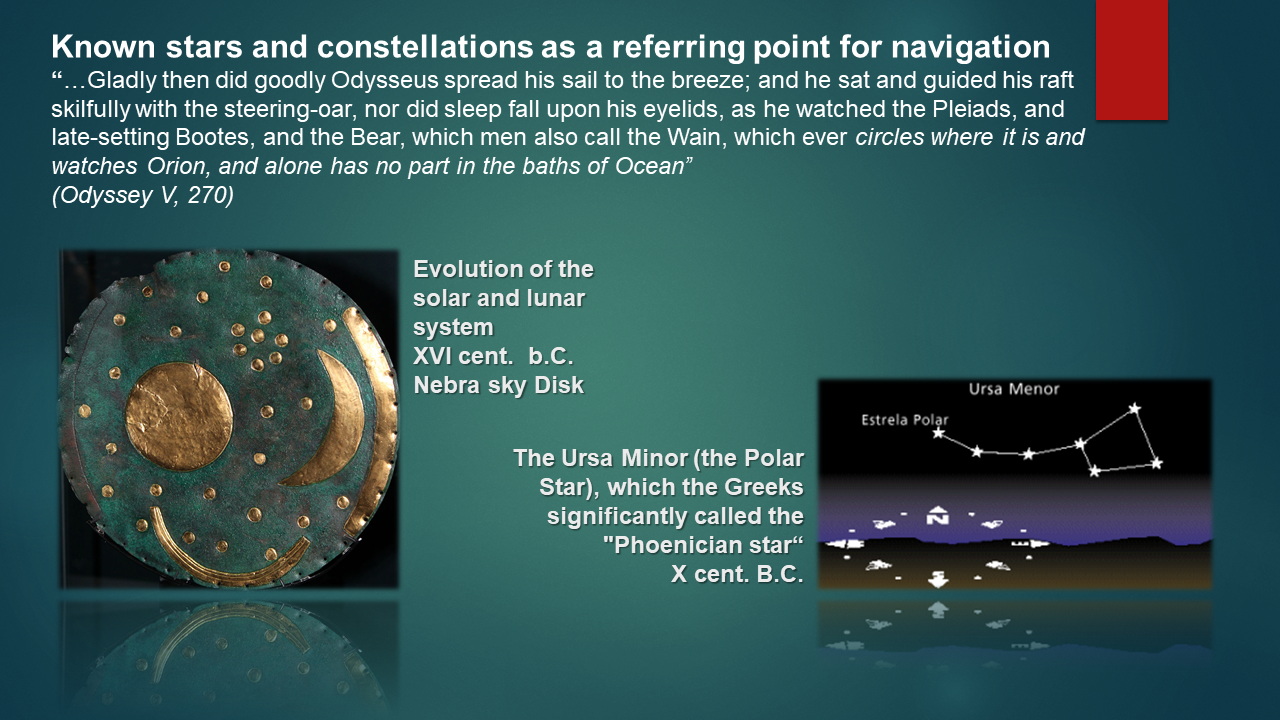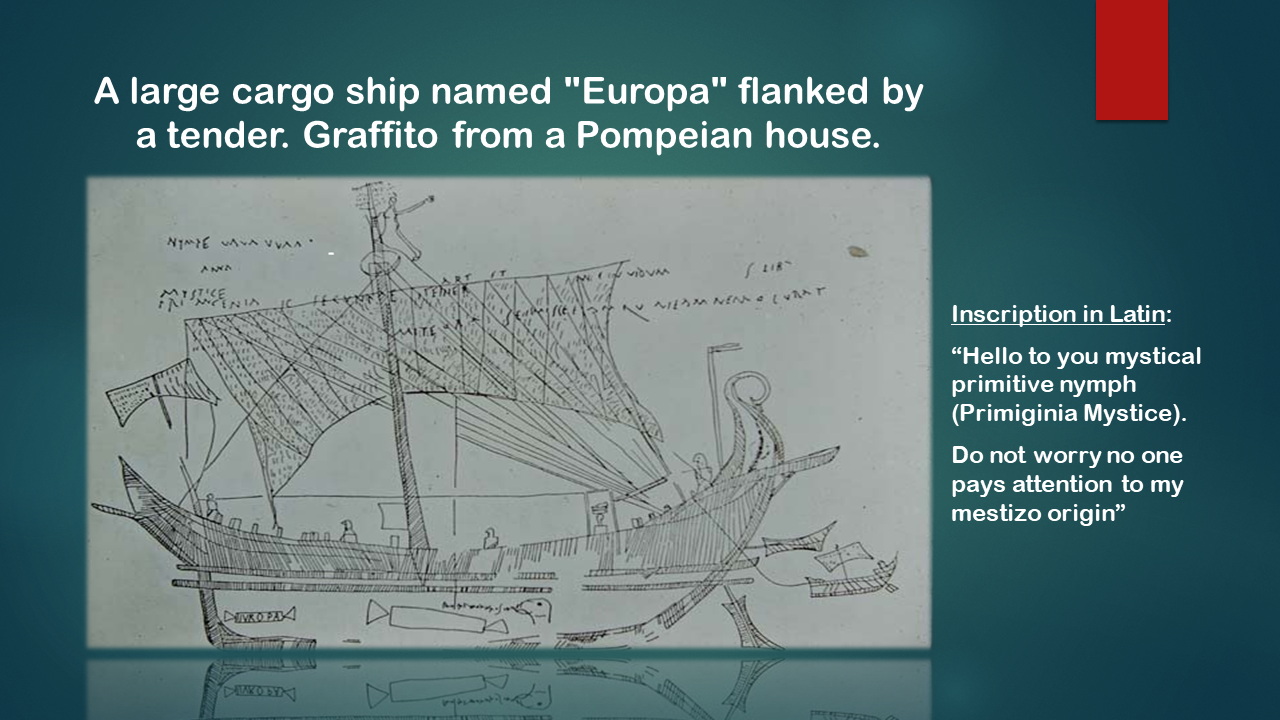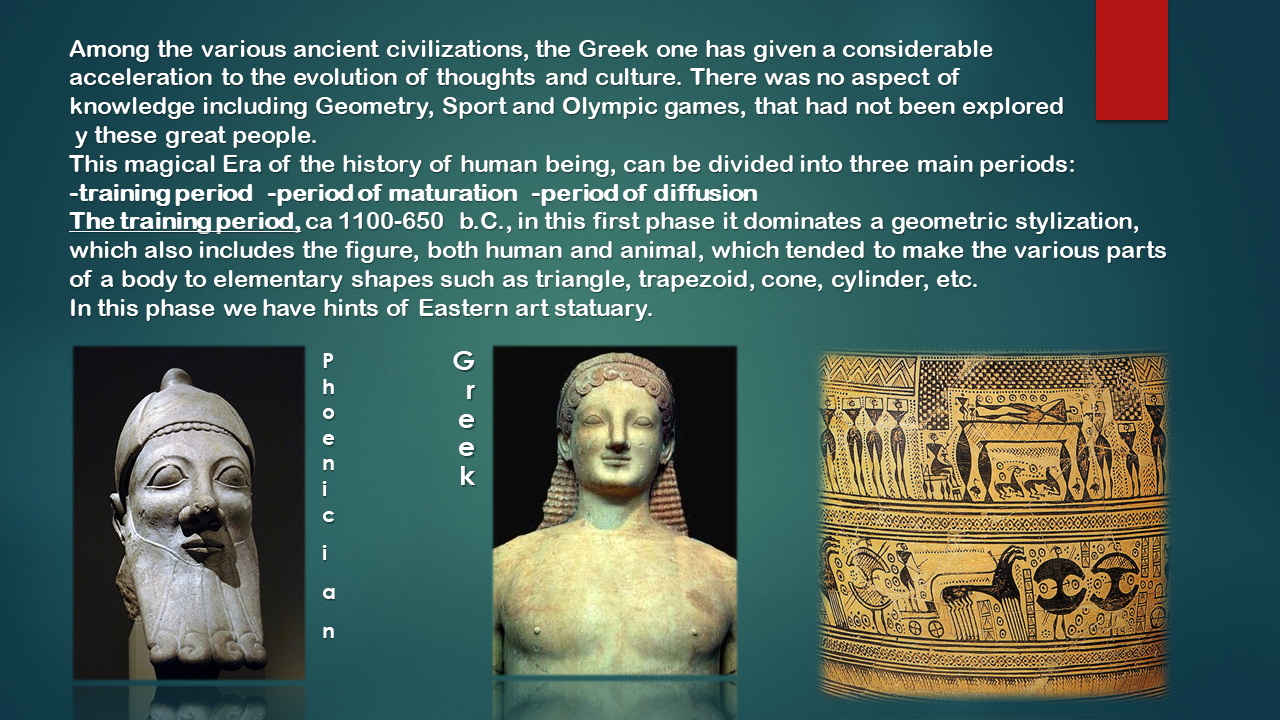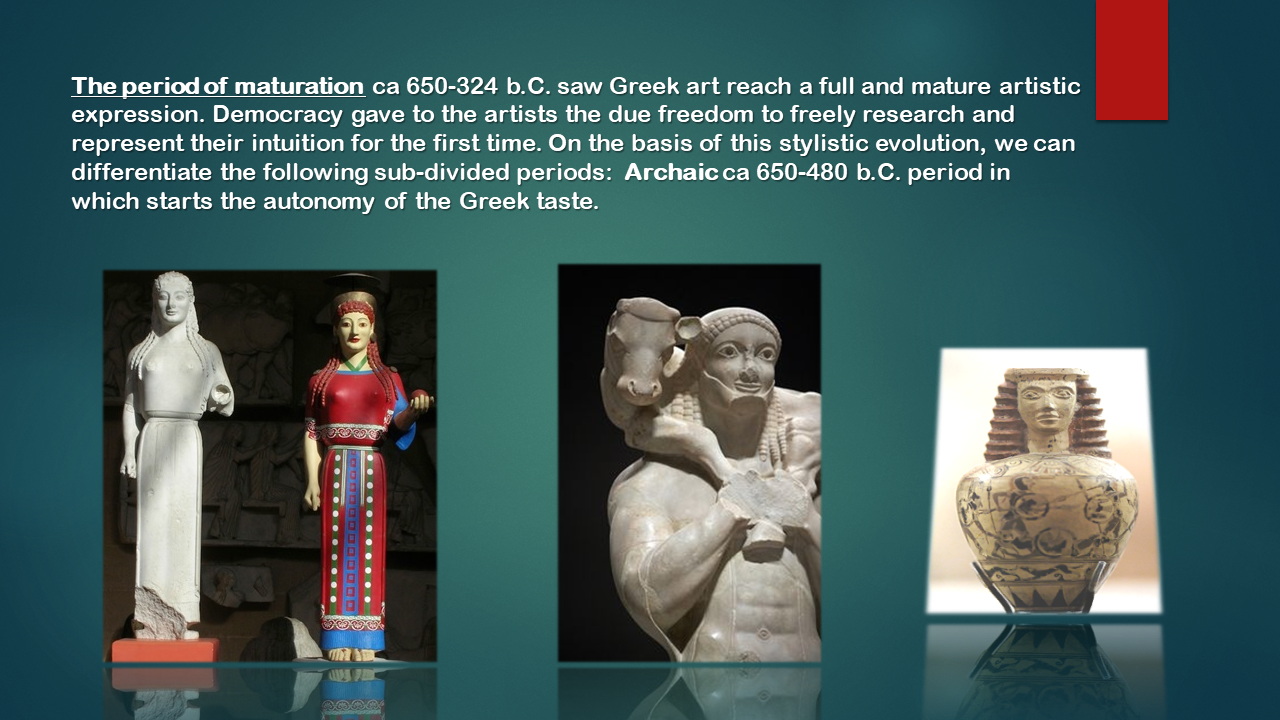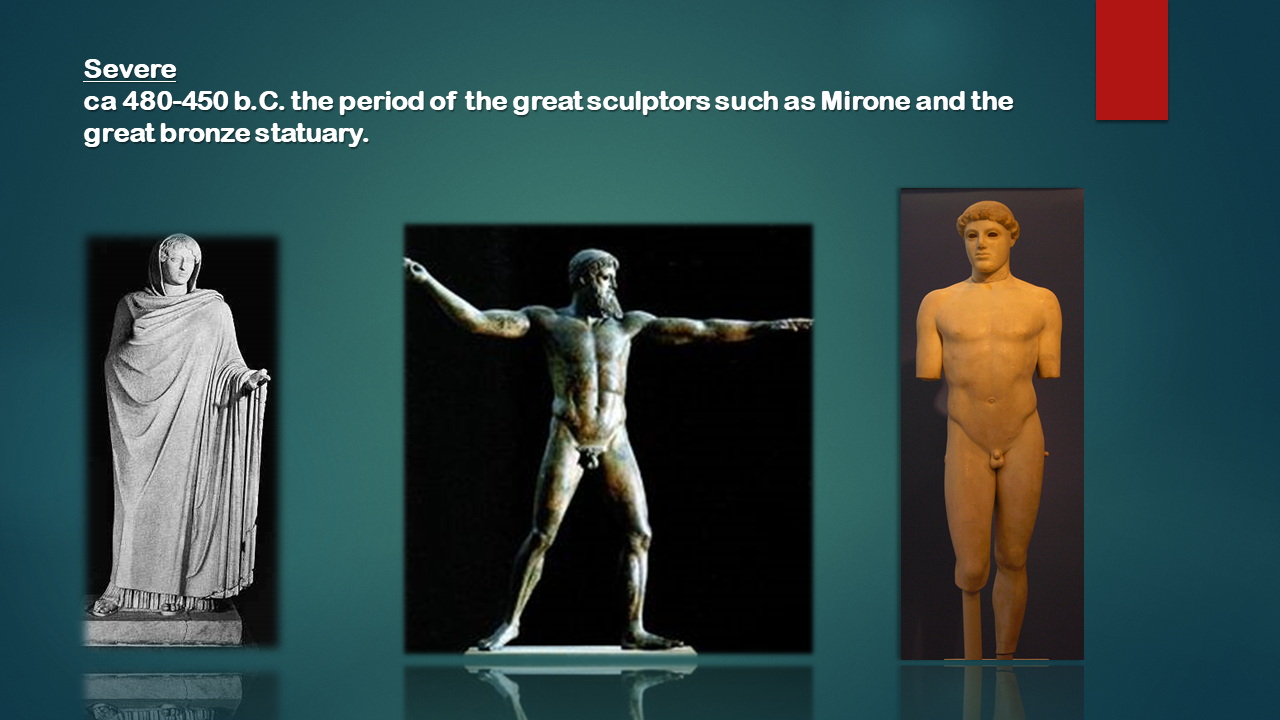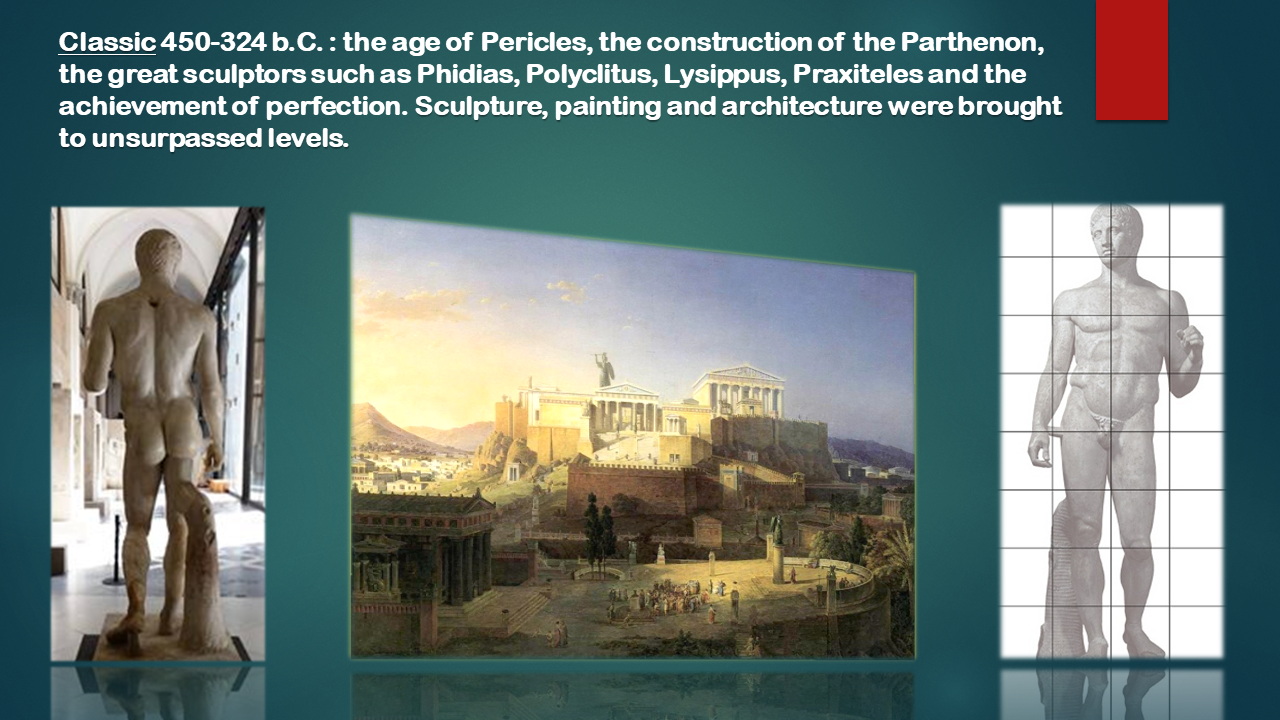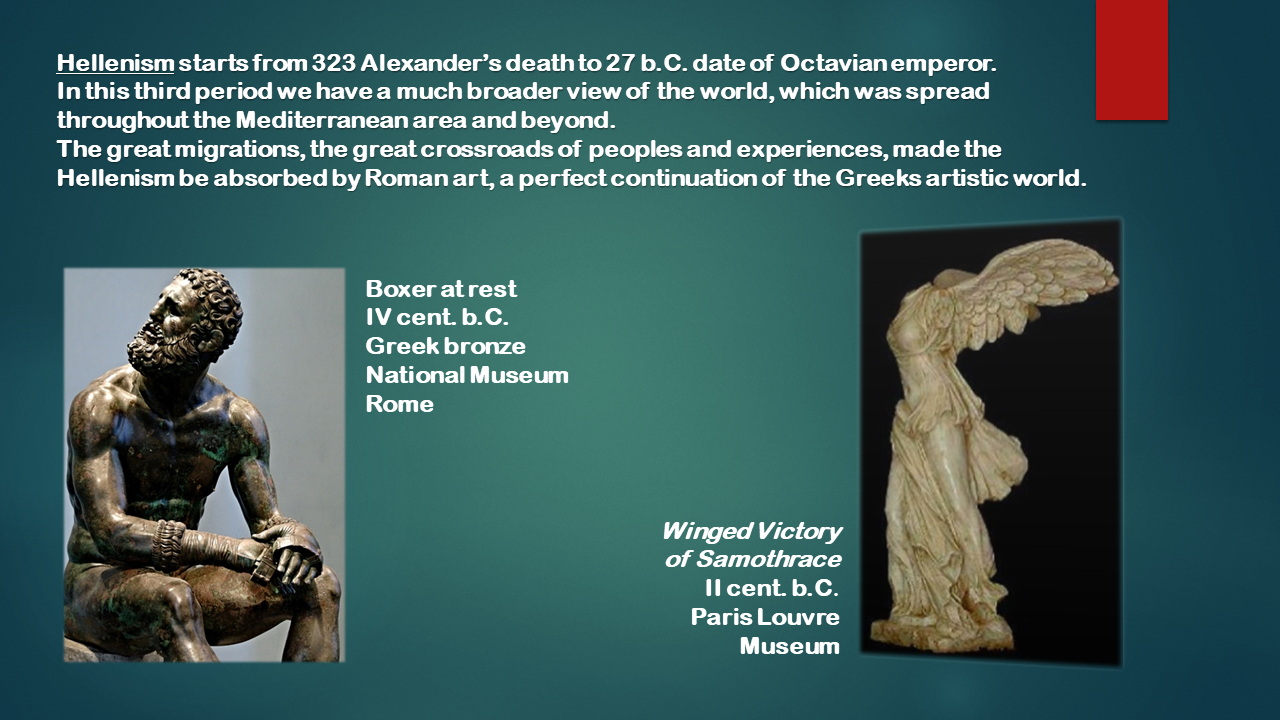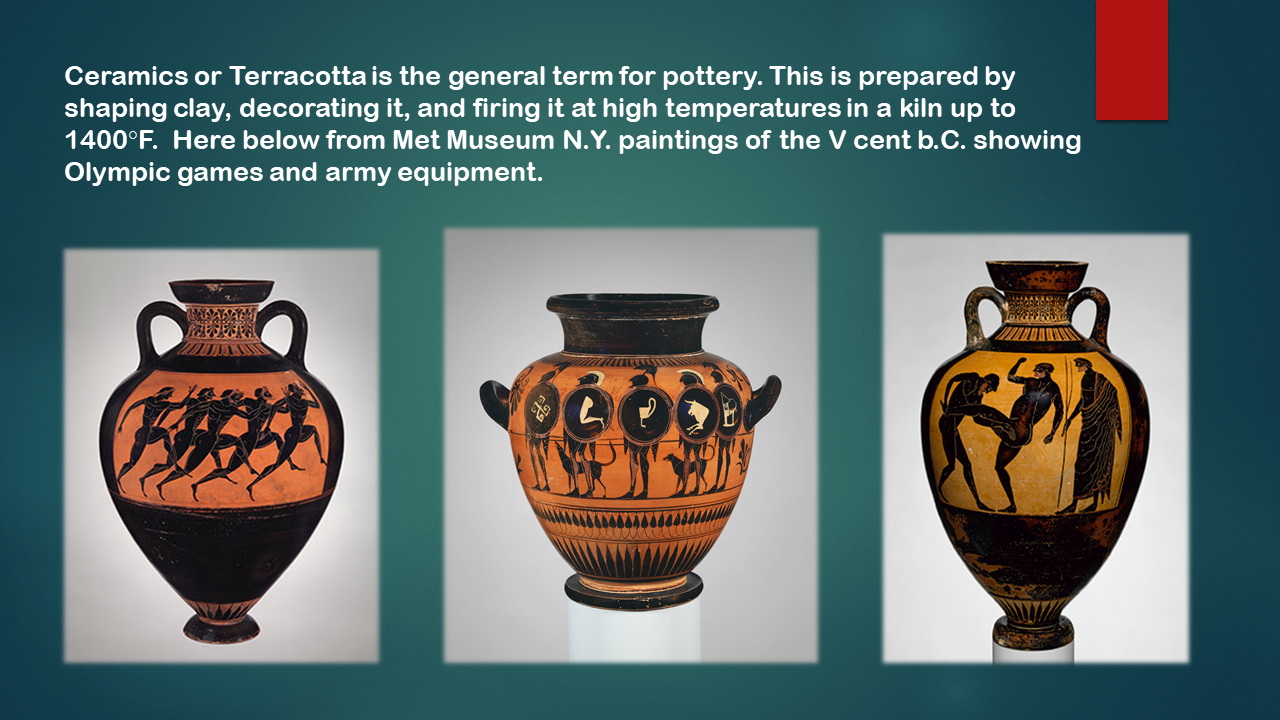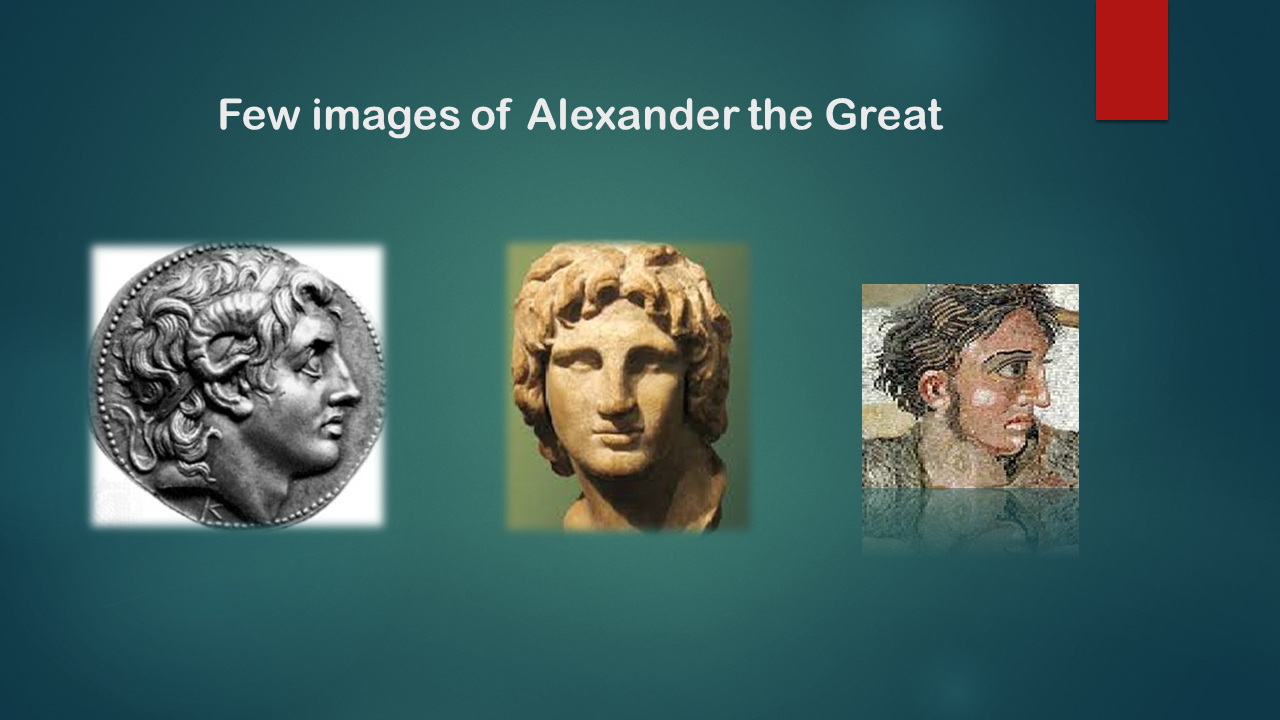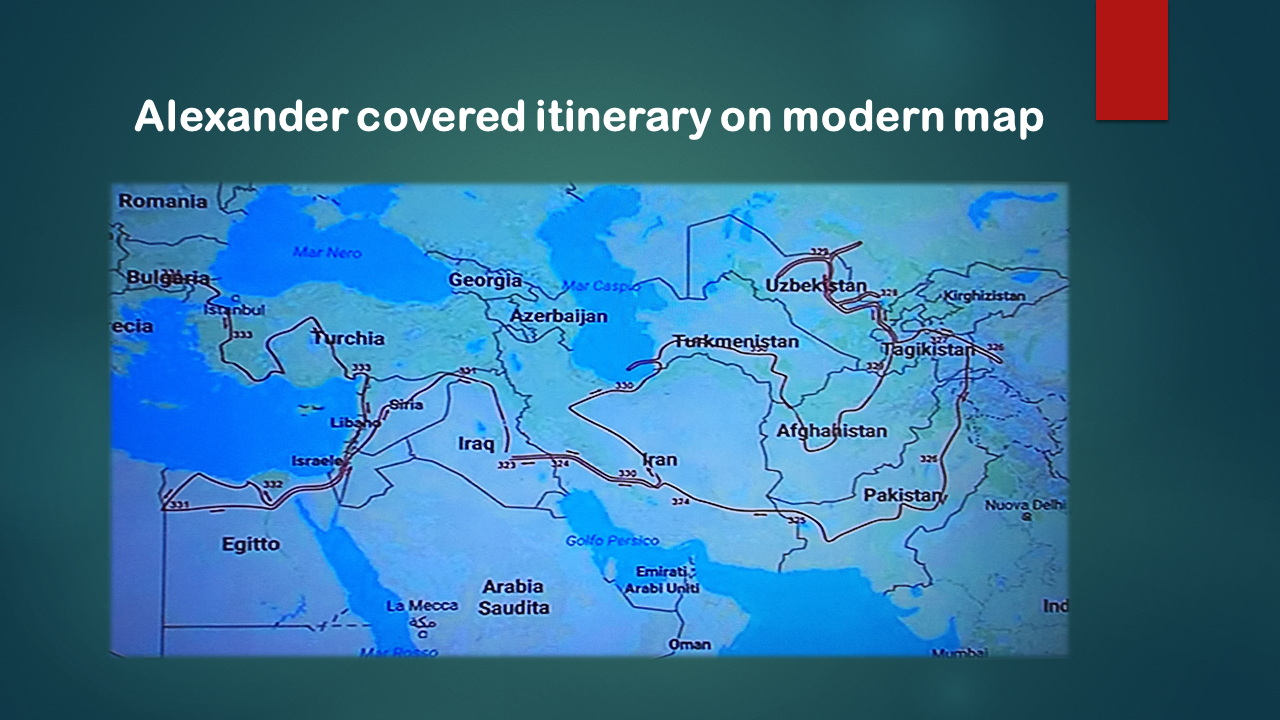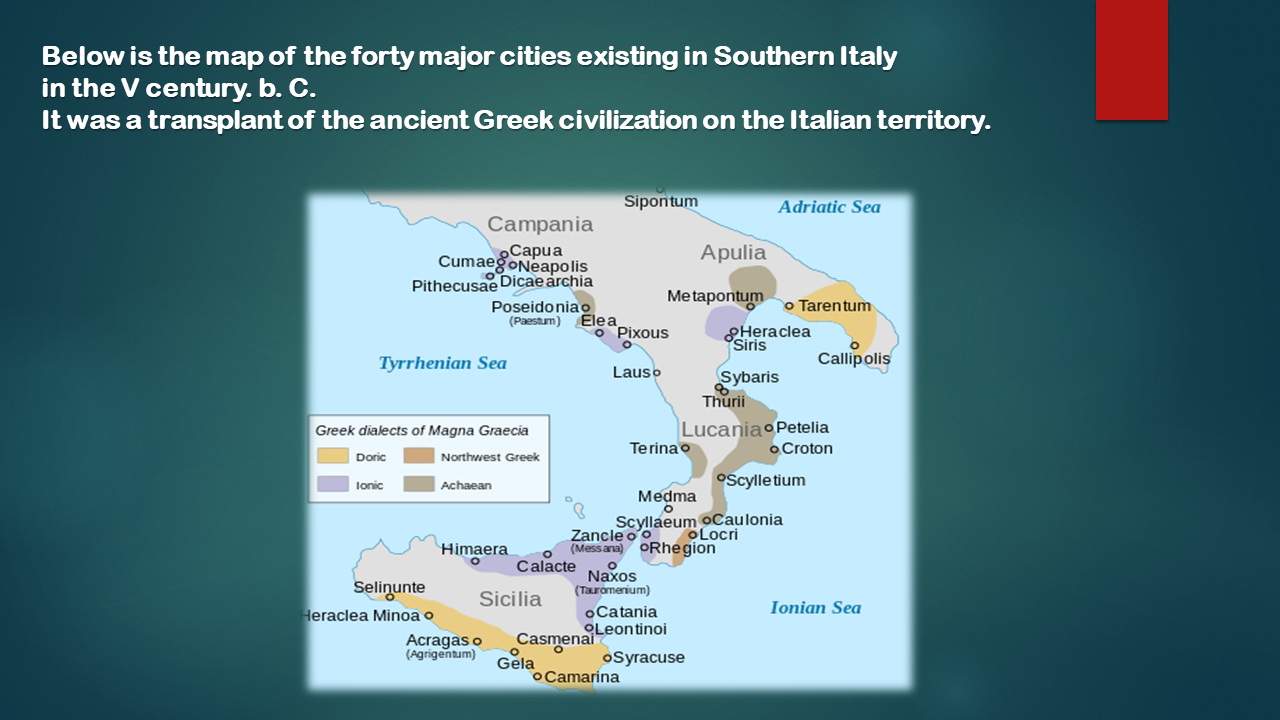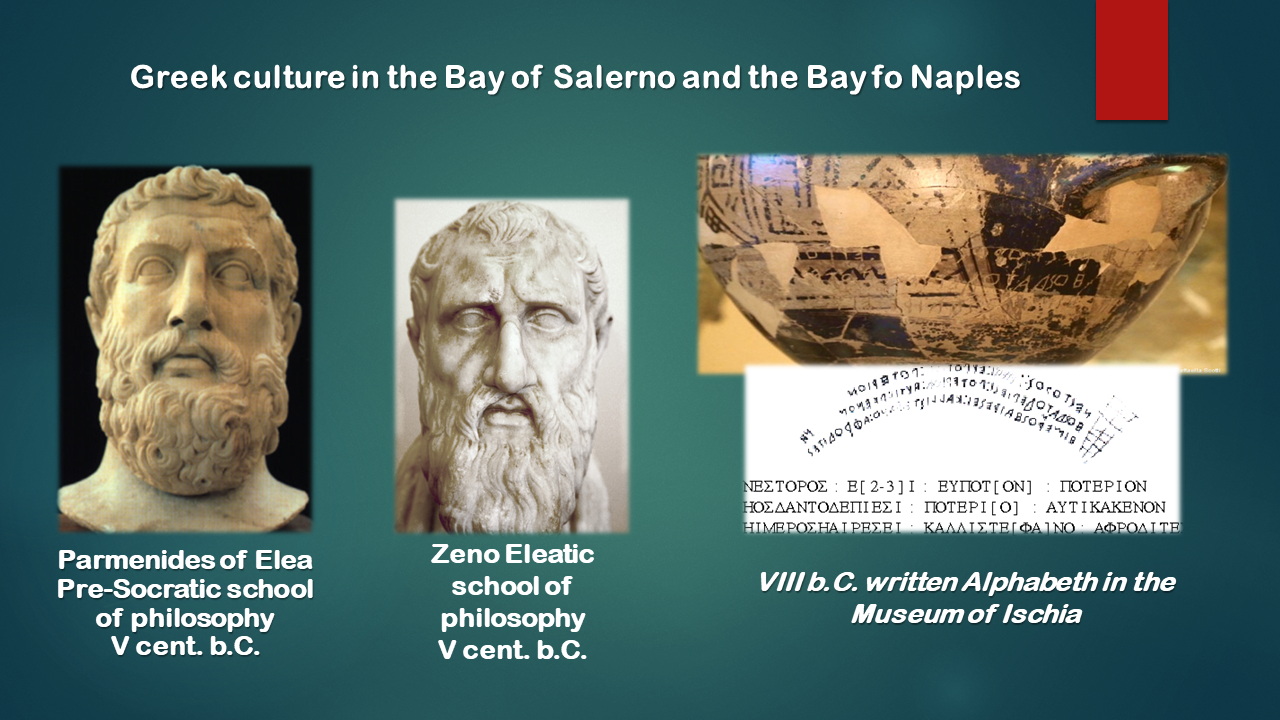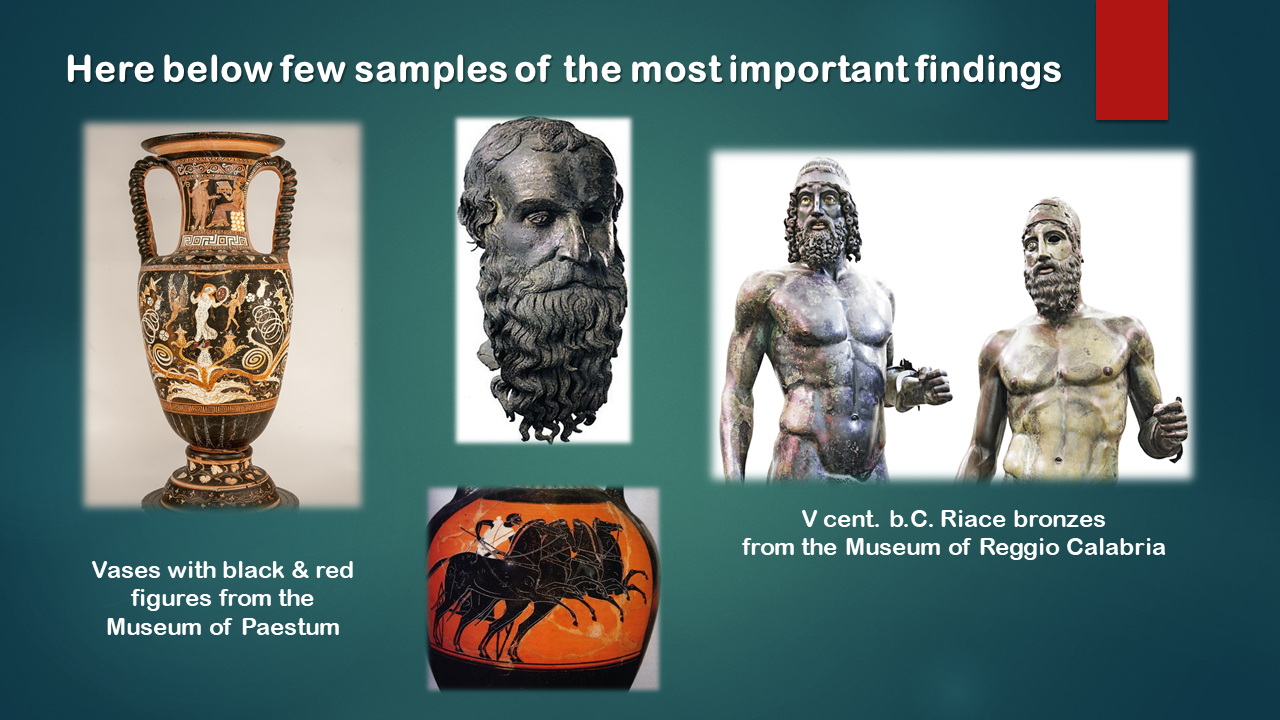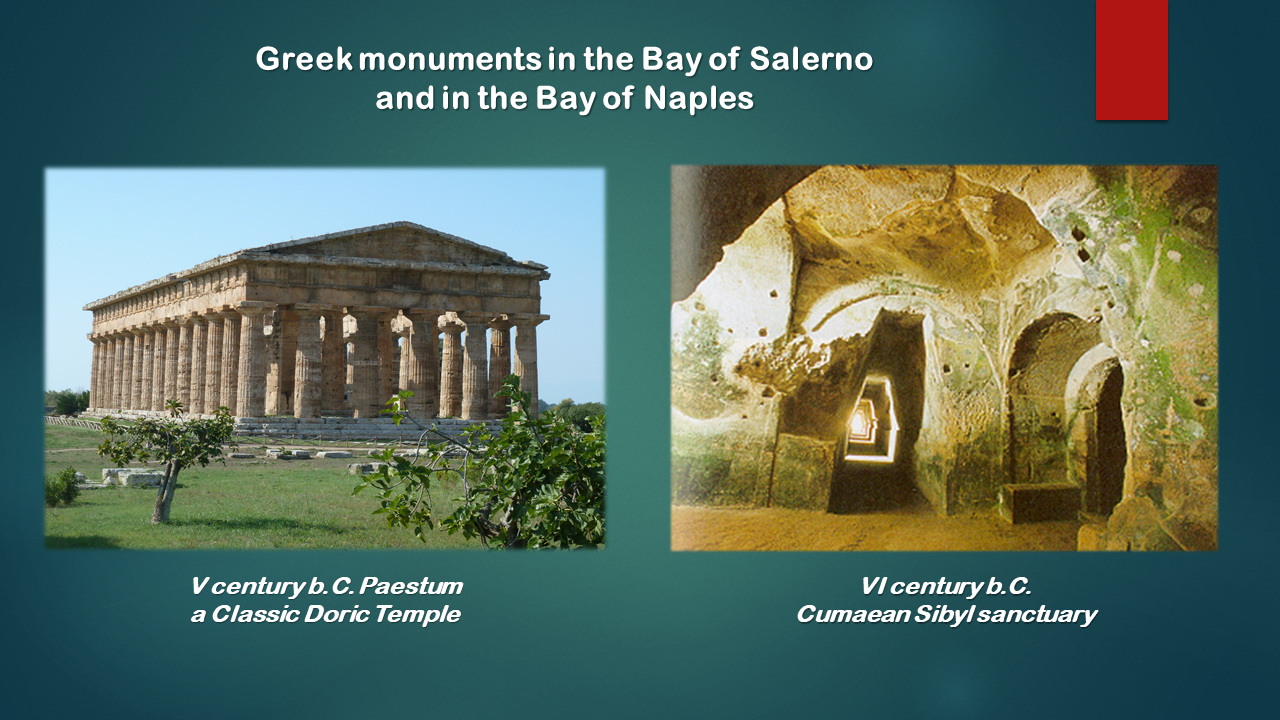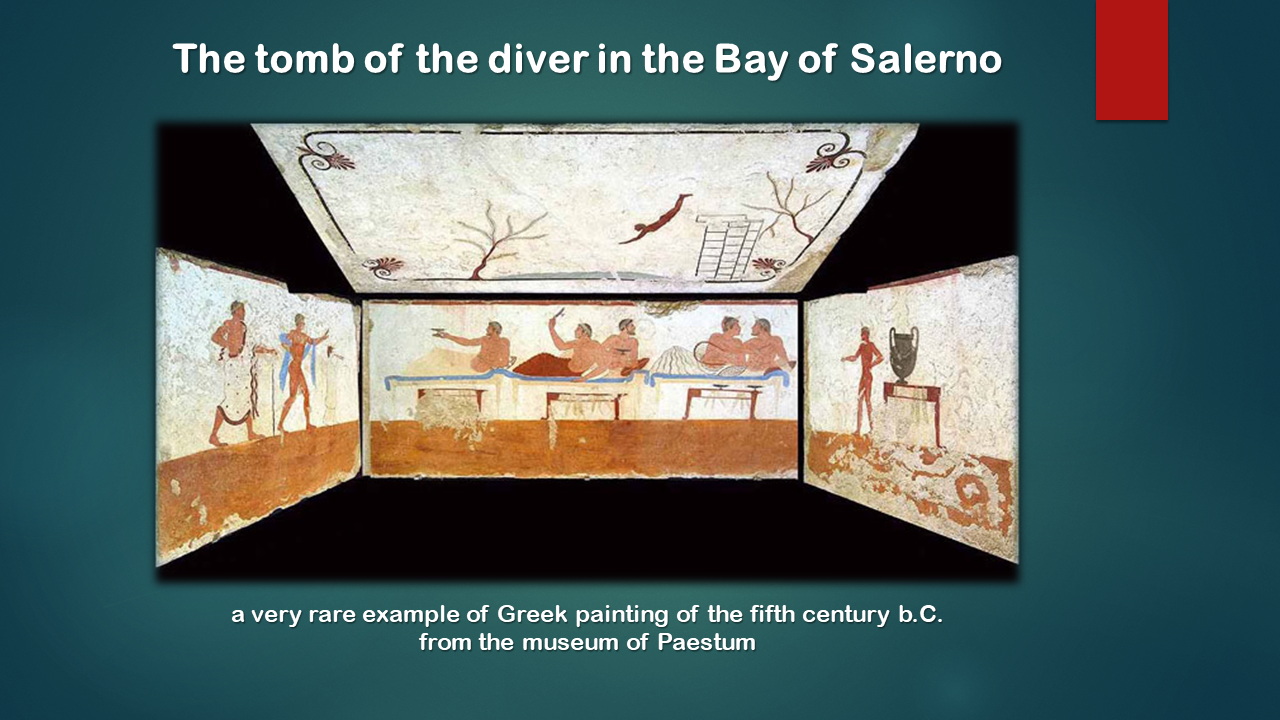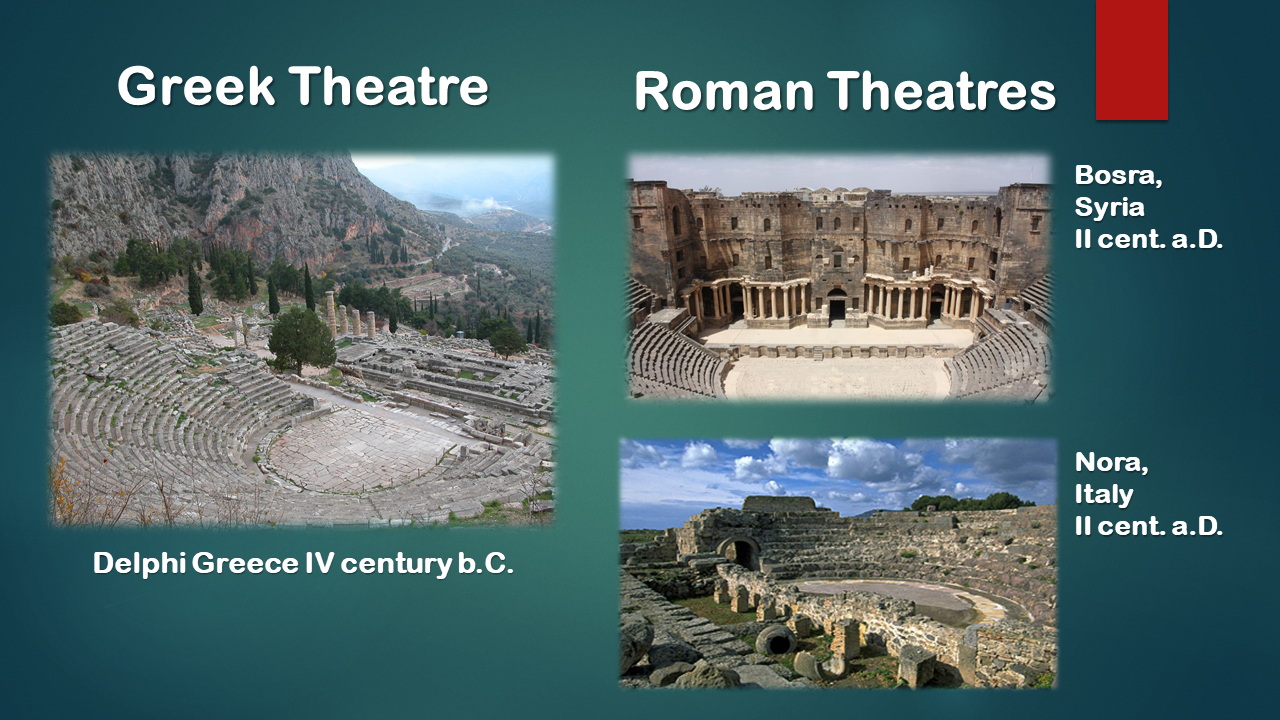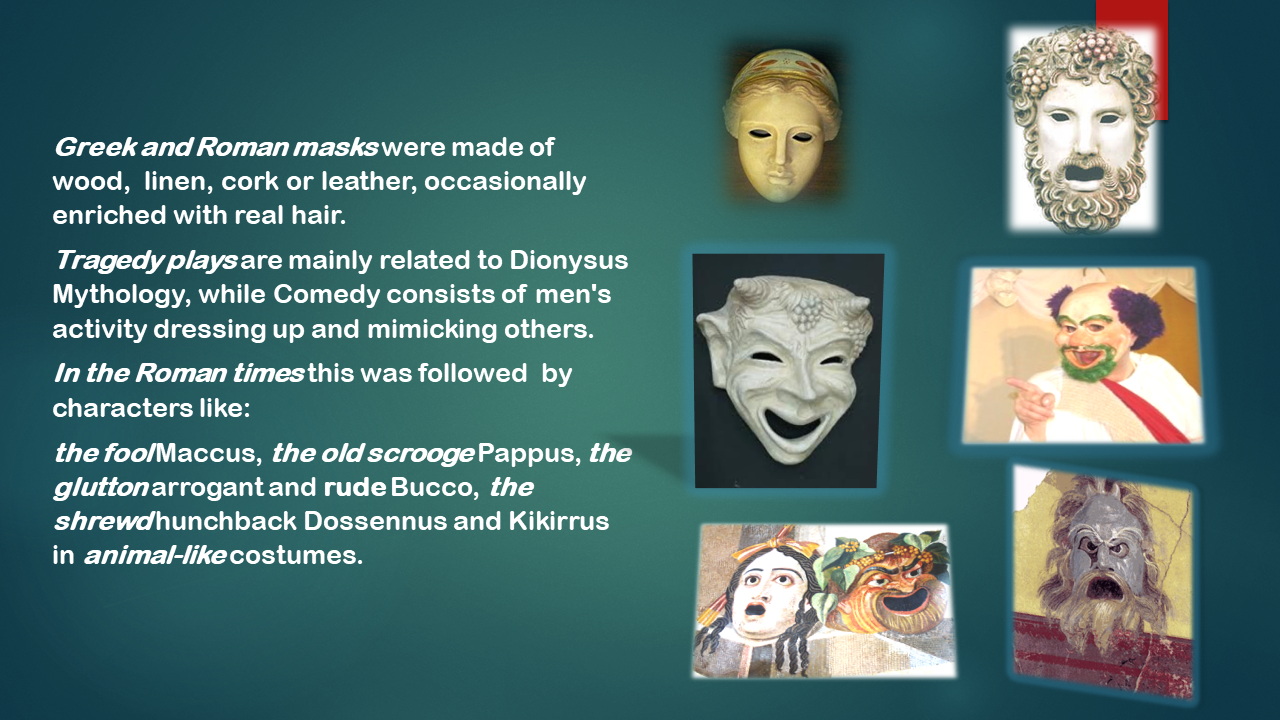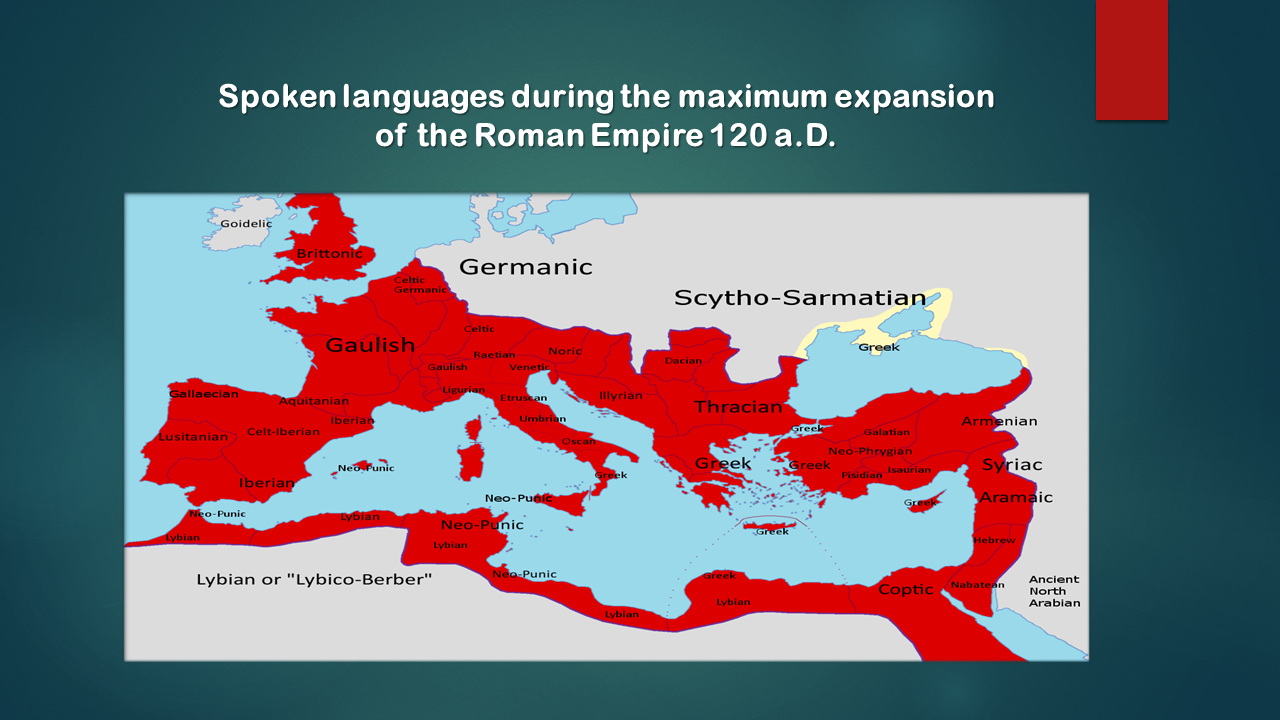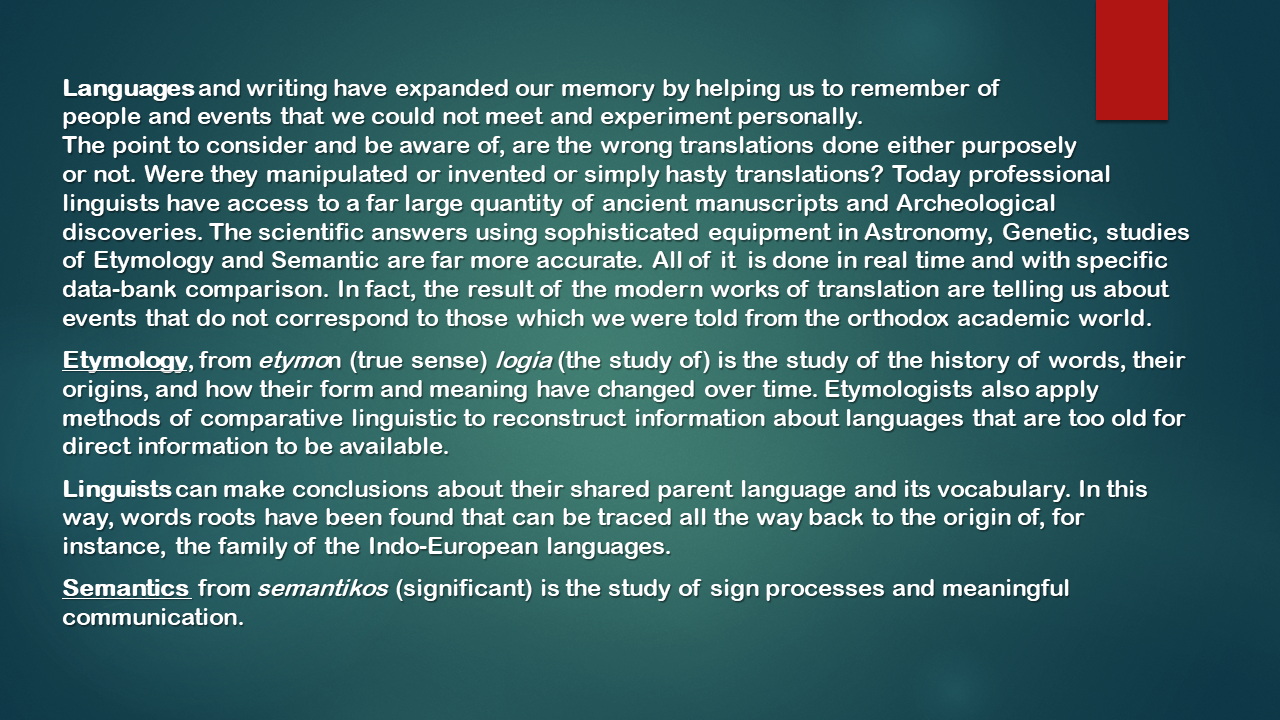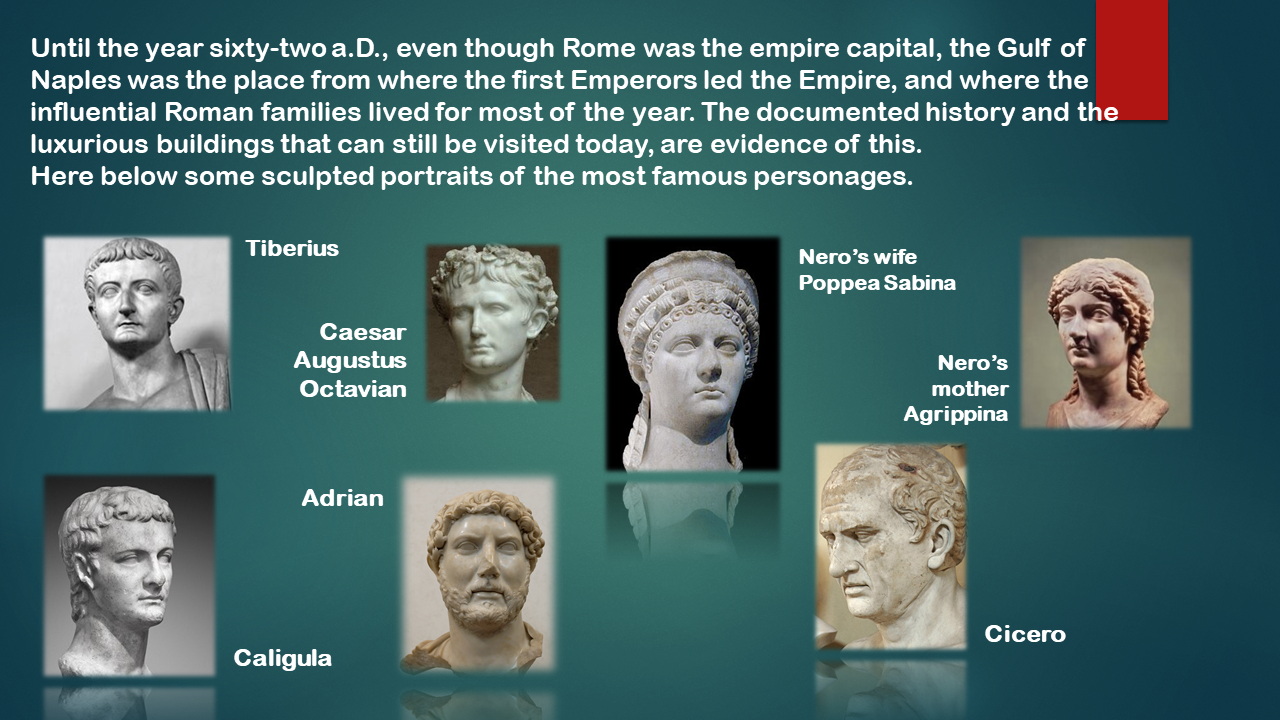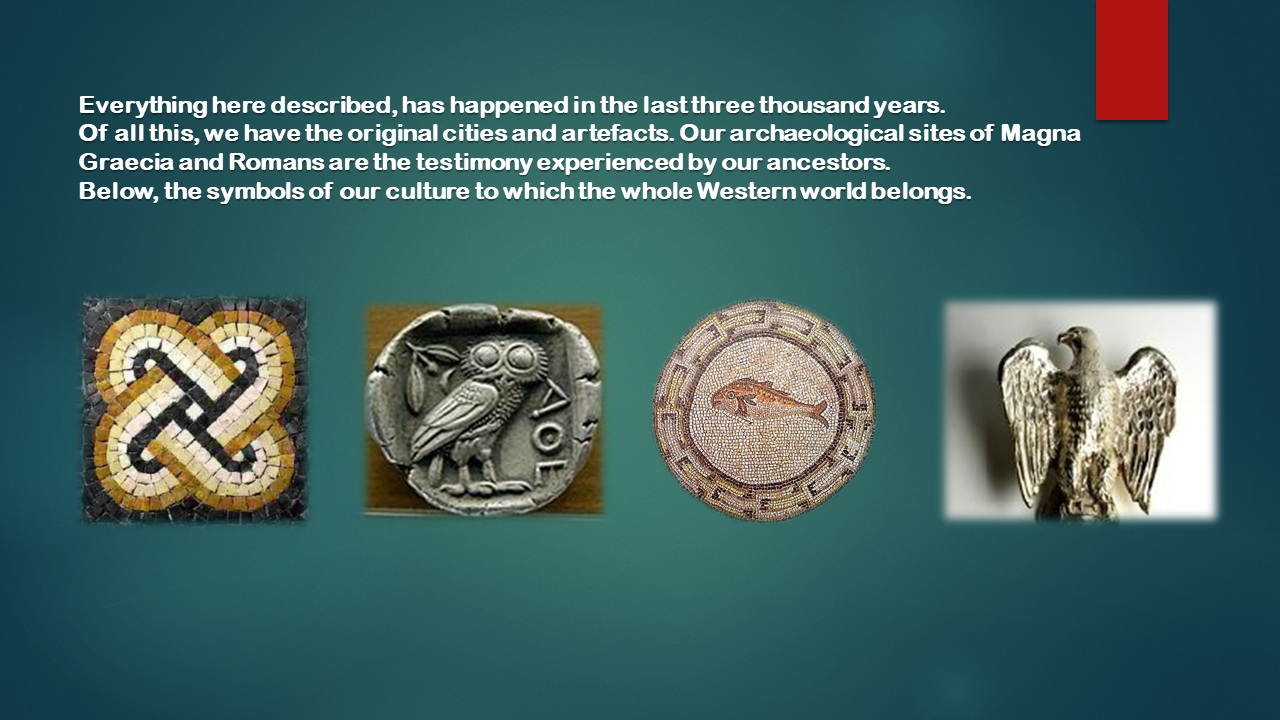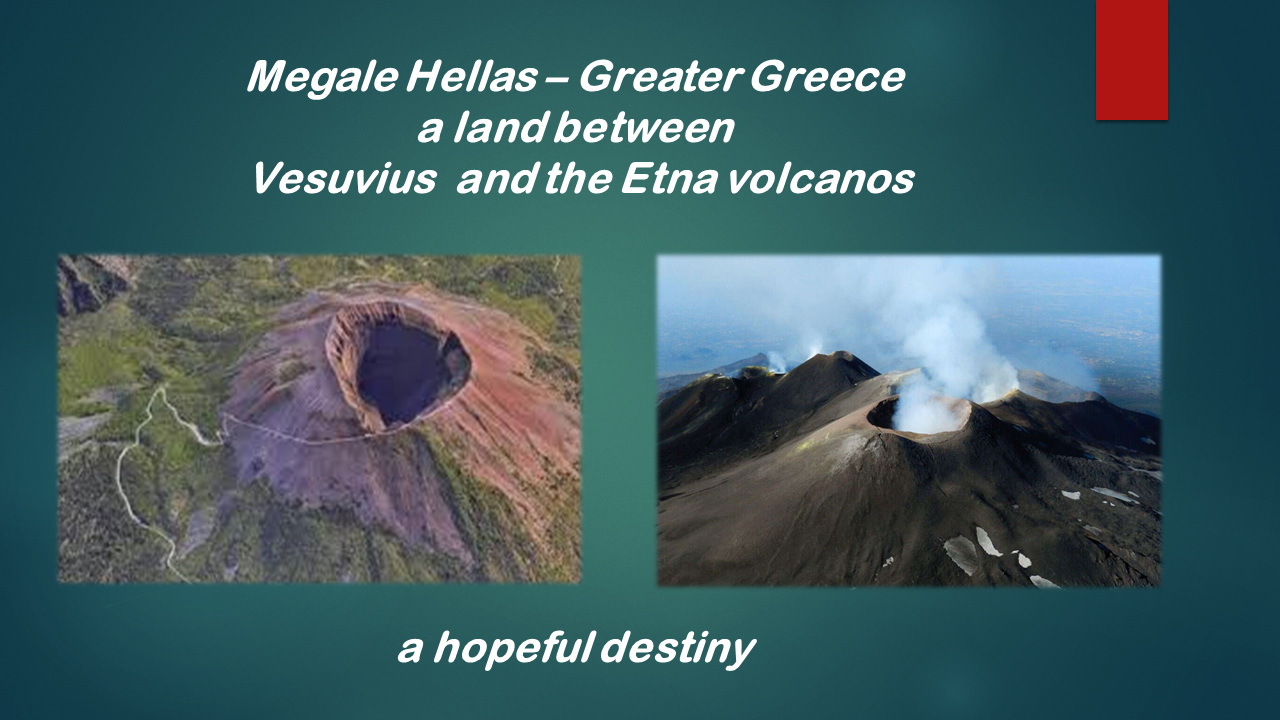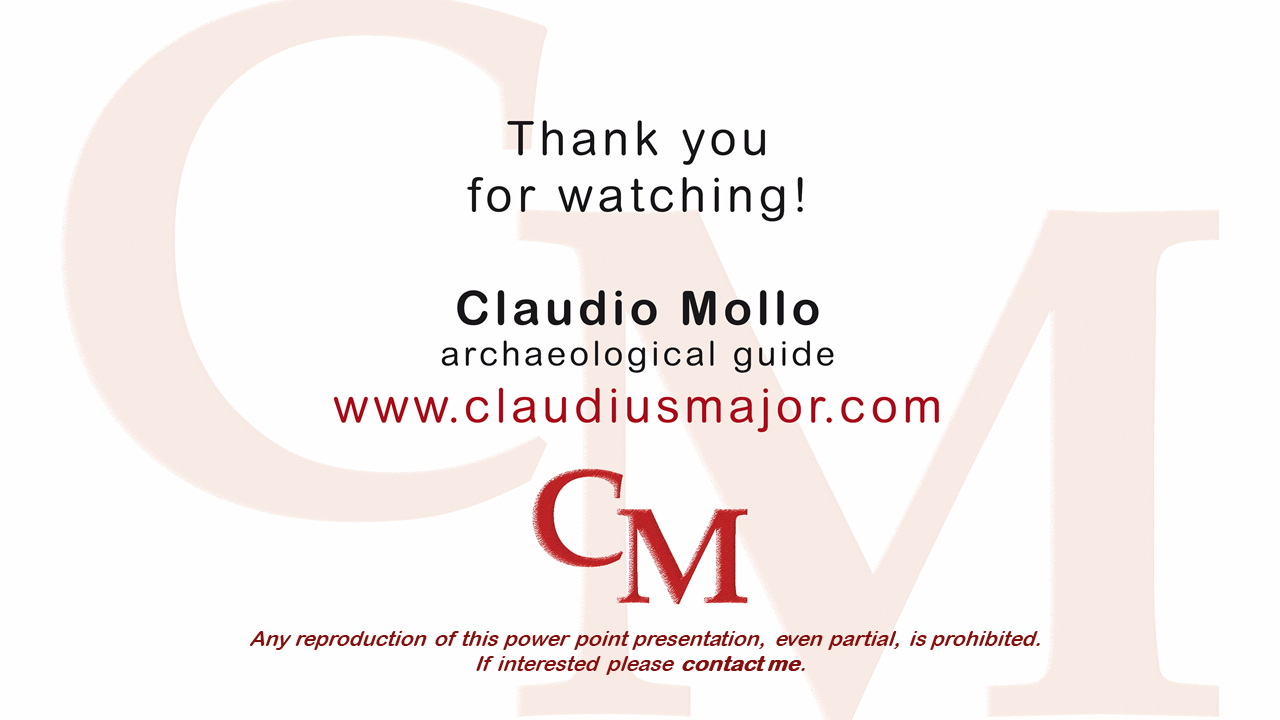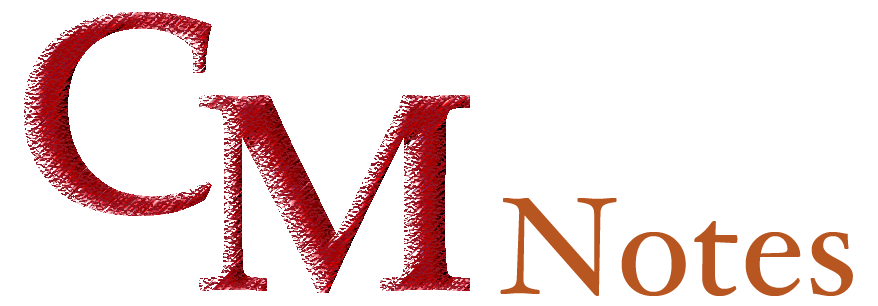Phlegraean Fields
History has an irony that is the most refined and subtle that a human being can imagine. It happens that one of the largest and most powerful volcanic complexes on the planet finds itself acting as a small Rome, a theatre for the lives of historical and mythical figures who had no uncertainties about inhabiting a land that literally breathed beneath their feet.
Here men and gods have merged and mixed up among themselves, but the arts and knowledge have survived the trial of fire and sea, tracing evidence of beauty that has reached our days.
Claudio Mollo accompanies us along this path that winds along the coast of the Phlegraean Fields, he lets us peek into the lives of Nero and Hadrian, escorting us with the Sibyl to the gates of Avernus, passing by the thermal baths and the Macellum market. Regardless of the rumbling of the volcano, with which for centuries, men have lived, built, and loved a land so sweet and sour at the same time, who’s moving and exhilarating beauty has inspired and continues to inspire, respect and devotion.
Download PDFEmperors, families and friends
Two thousand years ago, one of our ancestors lived in the same days as Julius Caesar, impossible to know where he lived, nor prove that he was the emperor himself, but there is no doubt that the Gulf of Naples until the first period of the imperial age was the protagonist of important historical events. Its strategic position, but also the climate, the nature, the spa treatments, are the witness that this bay was chosen not only by emperors but by personalities of the highest rank and of profound and refined culture as well.
Below you will find a summary of this very interesting story.
Download PDF
In Quest for the seed idea
In my 40 years in the tourism industry I had the opportunity to entertain myself among most of the archaeological sites and museums within the Campania region (South Italy) and I had the pleasure to discuss of art, myths, religions and other sciences with hundreds of educated people coming from different countries of mother earth. The questions I have been asked throughout my activity triggered my curiosity in careful research and exciting cultural discoveries.
In this notebook, I discuss several instances of symbols dealing with mysteries and philosophical questions that have been fascinating humankind since the very beginning. Usually the first reading is to understand Myths, the second to grasp the concepts, (the seed idea) the third to memorize them.
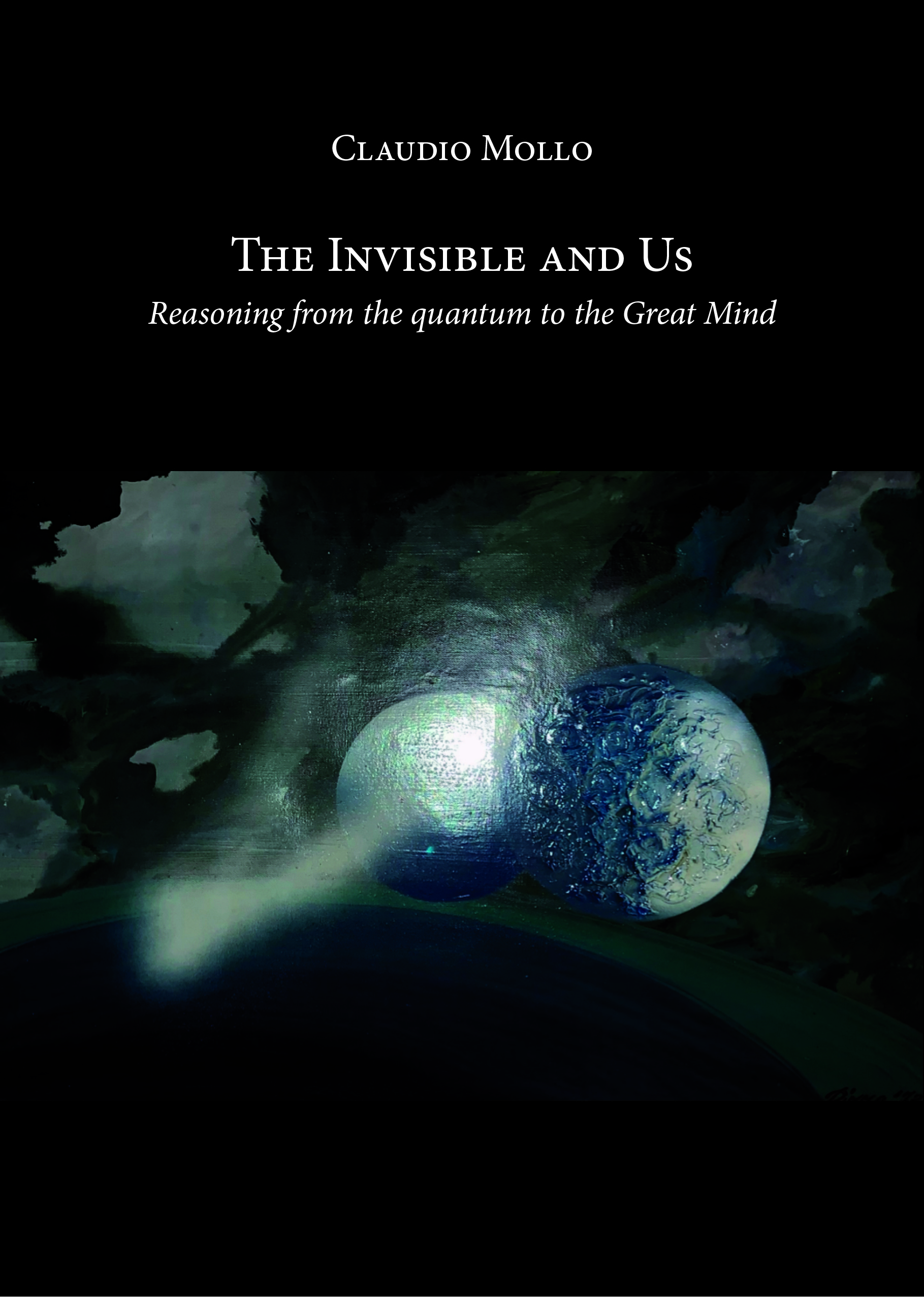
The Invisible and Us
In this essay we will make further considerations on what we are: quantum physics is unlocking some of the secrets of the universe and at the same time it is questioning many of the theories that have brought us to the present day.
The Quantum discoveries intersect, and surprisingly align, with thoughts that in the past had already been formulated in the religious and philosophical fields, as if the mere observation of the cosmos had allowed some people to access higher, broader and shared knowledge. The questions that arise when thinking of the infinitely small (and invisible), as well as the infinitely imposing (and invisible), are the universal and existential ones: who are we? But also: are we part of a shared entity, made up of memory and absolute knowledge? Can we knowingly access to it? How?
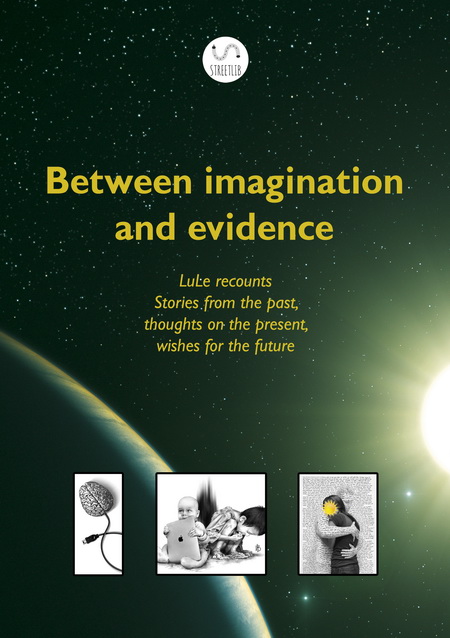
Between imagination and evidence
A true faith, to be so called, has to go beyond ethnicity, castes, institutions, borders, business, addictions, coercions, political persecutions. A true faith is heartfelt and free or is something different. 87% of the world’s population, approximately 6.7 billion people, follow some creed. They are called religions, transcendental philosophies, codes of coexistence, doctrines of control. The remaining part of people is made of individuals believing in local myths, derivatives of pseudo-religions and of others who, for different reasons, do not consider transcendence in any way. There is no doubt on the need to believe, the history of supernatural builds identity, gives meaning to life and is a hope for continuity. In this text are collected various version, imaginative, of the free thinker that I am, enriched by books and lectures by reputed physicists and theologians. What might have happened, issues of the present time and vision of the future are the subject and the uncertainty.


